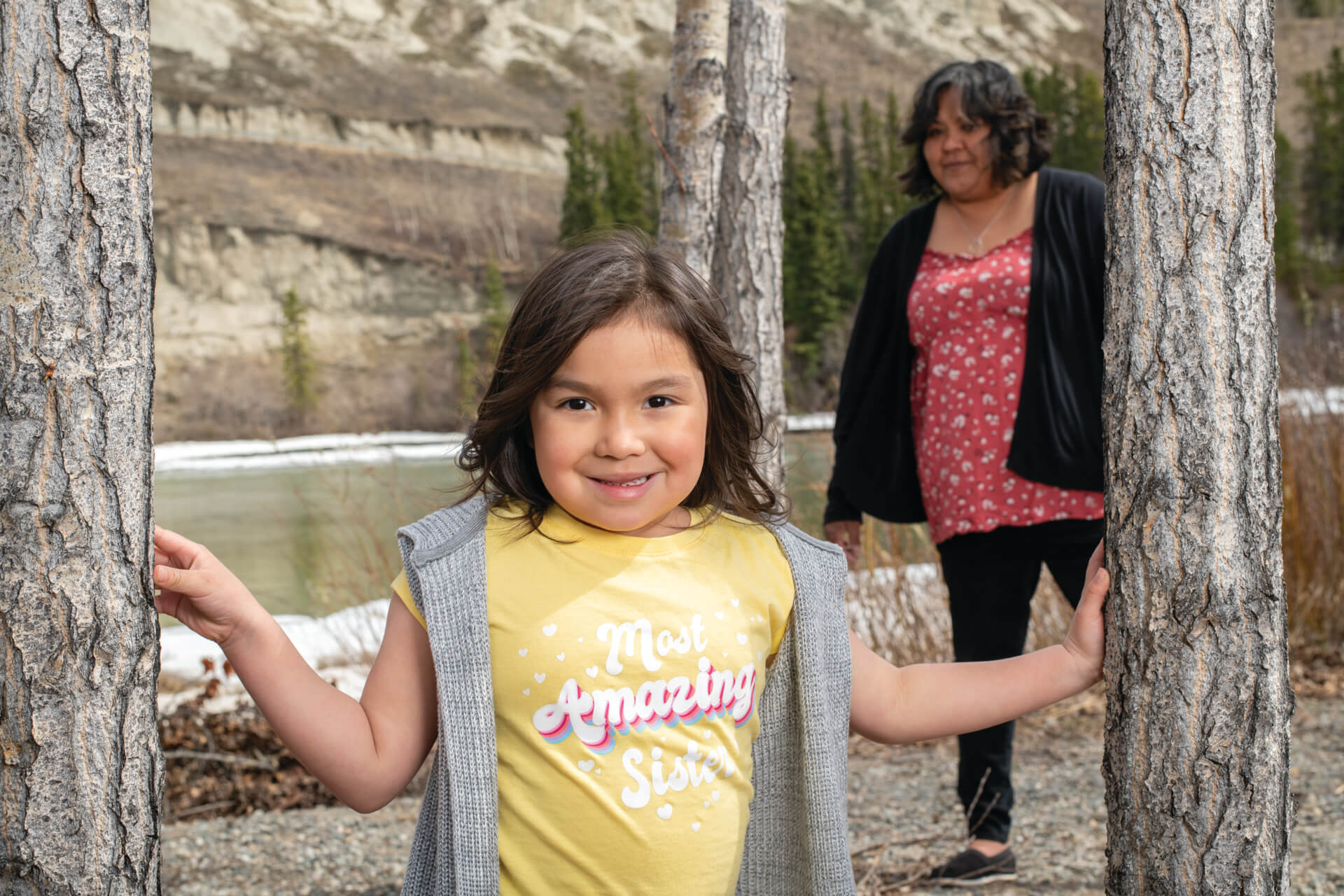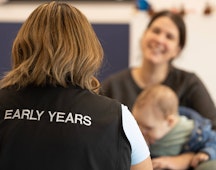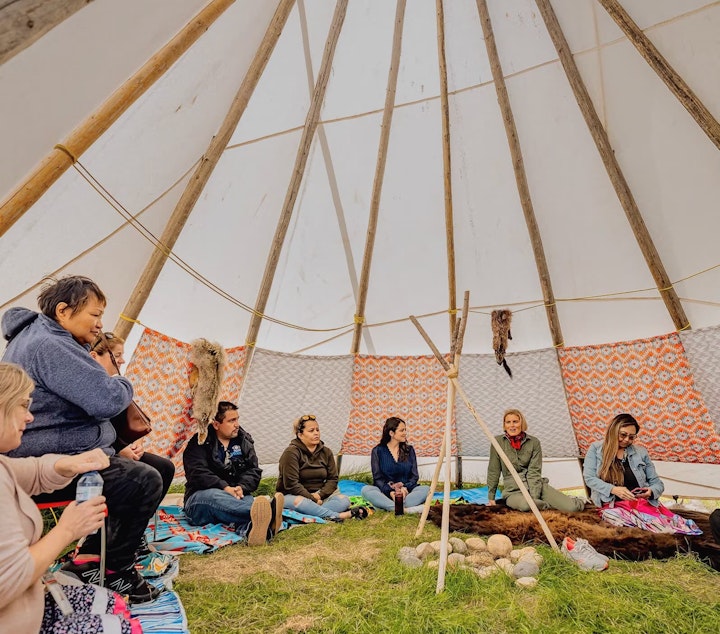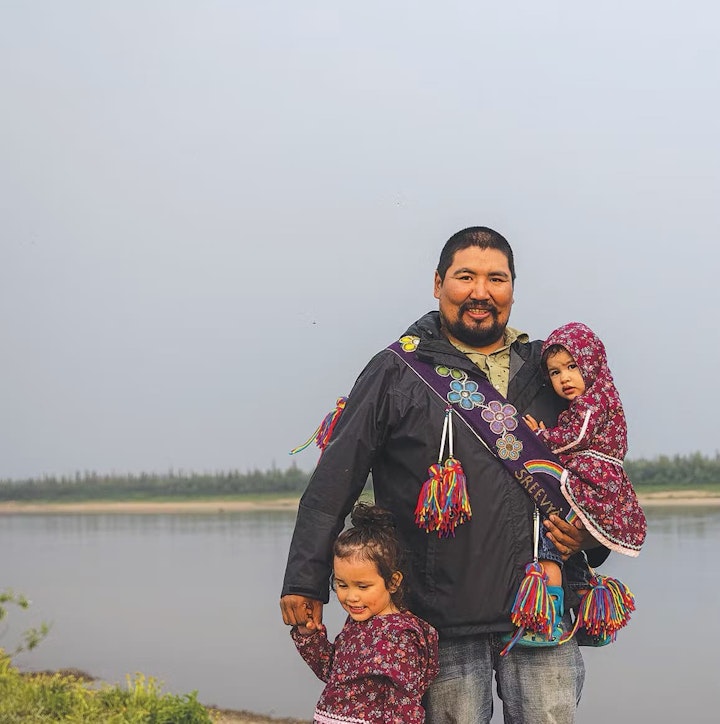Reaching rural and urban families
Family Well-being
Collaborating with First Nations and the Yukon First Nation Education Directorate to adapt to needs in different communities, including Whitehorse
Collaborating with First Nations and the Yukon First Nation Education Directorate to adapt to needs in different communities, including Whitehorse.
In the spring of 2021, the Yukon First Nation Education Directorate Early Years program became available to all Indigenous families across the Yukon. A team of rural and urban community-based staff now walks alongside to new parents from pregnancy until their child enters school. Comprising home visits, group gatherings, and family drop-ins in a dedicated space, the program is the fruit of a long co-development period.
To co-create the program, Early Years Associate Director Jessica Hayden collaborated with First Nations in the Yukon and the Yukon First Nation Education Directorate (YFNED). “This collaboration marked a milestone for the Early Years program, as it seeks to support parents and families in both urban and rural contexts and adapt to multiple language groups,” Jessica says.
The YFNED is an Indigenous-led organization dedicated to supporting students in all 14 First Nations in the Yukon. The YFNED advances First Nation decision-making and aspirations for control over education through technical support, research, and advice for framework agreement processes, and advocates for First Nation student success across the system. With the Early Years, YFNED is now addressing children’s needs even earlier— at the very beginning of life, as Executive Director Melanie Bennett notes. “Now more than ever, Early Childhood programs that are tailored to meet the needs of our Indigenous parents and young children are needed in order to shift towards more positive outcomes.”

Ensuring that communities lead
One of the priorities identified by the Nations was to reach citizens in the urban area as well, to ensure they are able to connect to their community and to their culture. In response to this important feedback, the Early Years Needs program is being offered to parents and families living in and around Whitehorse.
“One-size-fits-all programs don’t work well within the Indigenous mosaic of Canada,” Melissa says. “It is important to adapt programs to meet the distinct culture and values of each region. Equally, being able to adapt the program to the distinct operational needs of each organization allows YFNED to shape the Early Years program to work efficiently within our greater organization.”
Echoing Melanie’s thoughts, Jessica notes, “The Early Years program model is a framework to support communities as they identify specific priorities, challenges, and create their own best practices. It is YFNED’S leadership and the direction from individual communities that will create transformative change.”
Jessica also emphasises that language and culture are prioritized throughout program development. A dedicated cultural advisor brings together community experts and knowledge keepers to adapt the program and translate it into Kaska, Northern Tutchone, and Gwich’in languages.
For local leadership, it’s an opportunity to identify the champions for maternal health in the communities and honour the language and culture of each local context, whether it be Ross River Dena Council, Selkirk First Nation, Vuntut Gwitchin First Nation or Na-Cho Nyäk Dun First Nation.
With Early Years Visitors trained and ready to meet families and the Early Years building fully staffed and open to the public, everyone is looking forward to witnessing more and more children, mothers, fathers, and other caregivers gaining confidence and strength through involvement in the program.



